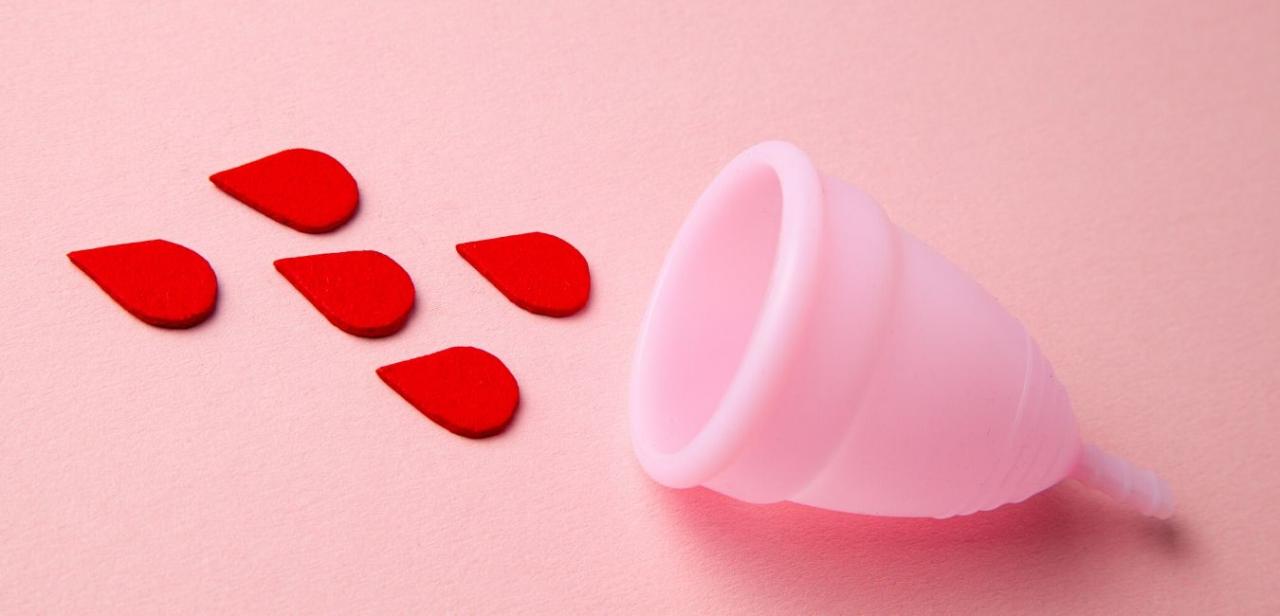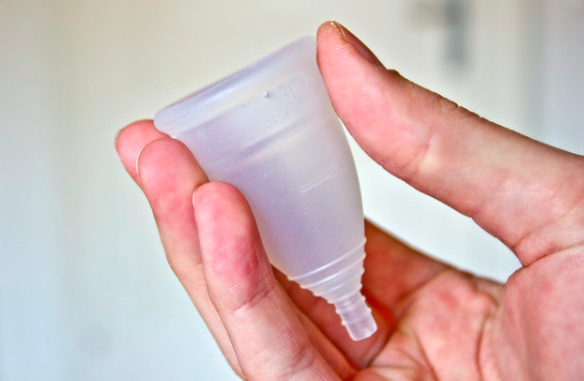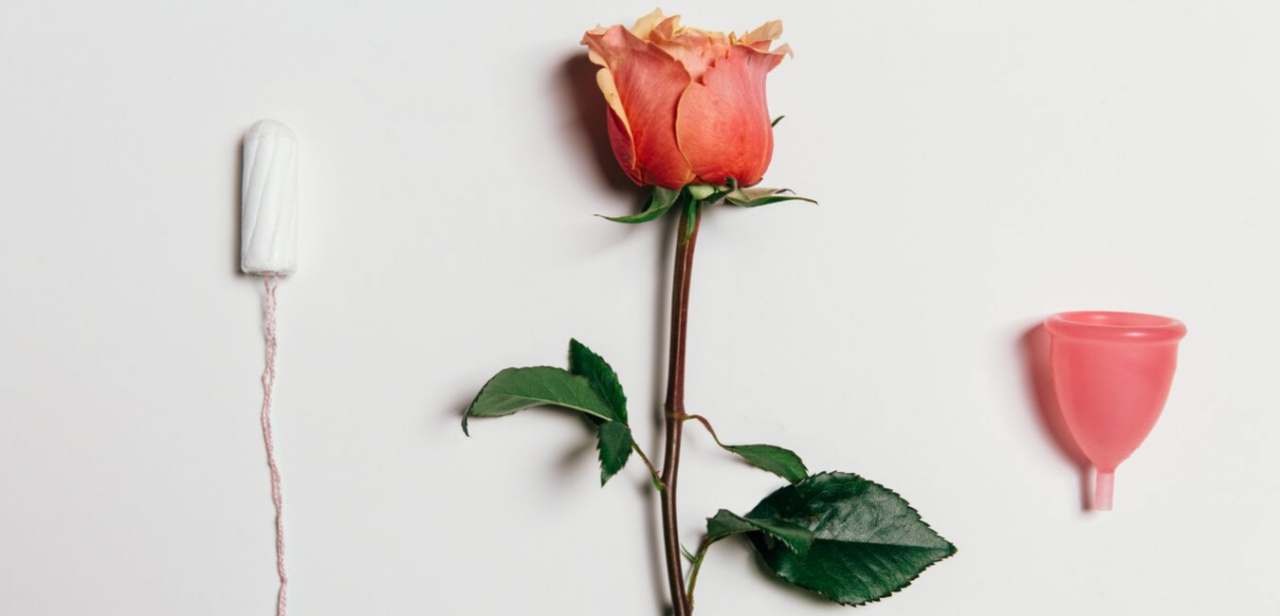 Mat Hayward/Fotolia
Mat Hayward/Fotolia
Every woman’s menstrual cycle is unique to her, however the average cycle is 28 days with ovulation in the middle and three to five days of bleeding at the end.
While it may be normal for a woman to bleed a bit longer during her period, it is generally considered abnormal to go longer than seven days.
Prolonged periods can be due to specific health reasons that require additional workup and may cause anemia due to all that ongoing blood loss.
1) Check the hormones
If a woman’s cycle is about 28 days, it is ideal to check both progesterone and estrogen in the second half, known as the luteal phase, which is the period after ovulation. This evaluates for estrogen dominance which can cause long, heavy periods.
2) Check the thyroid
A sluggish thyroid can cause several well-known symptoms — fatigue, hair loss, weight gain, cold hands and feet, and constipation. However, hypothyroid women also tend to experience menstrual problems such as irregular cycles and long periods.
Make sure to test the entire thyroid panel — thyroid-stimulating hormone (TSH), free T3, free T4, reverse T3 and the thyroid antibodies to check for the autoimmune condition, Hashimoto’s disease.
3) Get an ultrasound
Growths such as fibroids and polyps can grow in the uterus causing abnormally long bleeding that may require removal. Nobody is entirely sure what causes them to develop, however estrogen dominance can encourage them to grow even more.
4) Check for a bleeding/clotting disorder
Conditions such as Factor V Leiden and von Willebrand disease cause problems with the ability to form a proper clot. The blood vessels in the uterus continue to bleed, causing long periods.
Women may already suspect that they have a clotting disorder if they have trouble with normal cuts and scrapes continuing to bleed long after they should have stopped.
5) Is it a copper IUD?
This is the IUD of choice for those women who prefer long-term birth control without hormones. However, it is known to cause heavier, longer and/or more painful periods in some women.
These side effects tend to diminish over time as the uterus become more accustomed to the device.
It is entirely normal for women to experience the occasional long menstrual cycle or long period. However, if the occasional long period turns into an every month occurrence, please talk with your health care provider.
Reviewed June 27, 2016
by Michele Blacksberg RN
Edited by Jody Smith
1) Hubacher D, Chen P, and Park, S. (2009). Side effects from the copper IUD: do they decrease over time? Retrieved on June 26, 2016.
http://www.ncbi.nlm.nih.gov/pmc/articles/PMC2702765
2) Krassas G, Pontikides N, Kaltsas T, Papadopoulou P, Paunkovic J, Paunkovic N, and Duntas L. (1999). Disturbances of menstruation in hypothyroidism. Retrieved on June 26, 2016.
http://www.ncbi.nlm.nih.gov/pubmed/10468932
3) Office on Women’s Health, US Department of Health and Human Services. (2014). Menstruation and the menstrual cycle fact sheet. Retrieved on June 26, 2016.
https://www.womenshealth.gov/publications/our-publications/fact-sheet/menstruation.html
4) Stewart E, Laughlin-Tommaso S, Catherino W, Lalitkumar S, Gupta D, and Vollenhoven B. (2016). Uterine Fibroids. Retrieved on June 26, 2016.
http://www.ncbi.nlm.nih.gov/pubmed/27335259





Add a Comment1 Comments
What i do not realize is in truth how you are now not actually a lot more neatly-preferred than you may be now.
You're so intelligent. You know therefore considerably when it comes to this subject,
made me personally believe it from a lot of various angles.
Its like women and men aren't fascinated unless it's one thing
to do with Woman gaga! Your individual stuffs great. All the time handle it up!
My web site: golf clubs
July 9, 2016 - 9:52amThis Comment